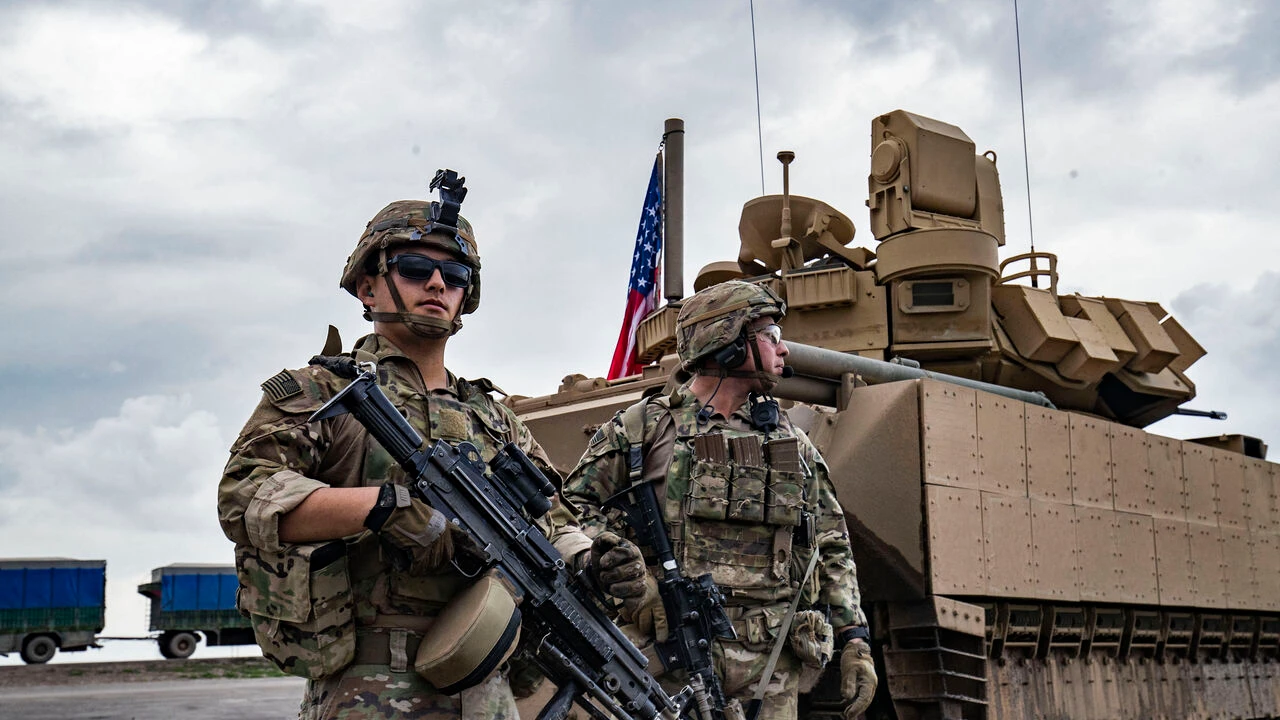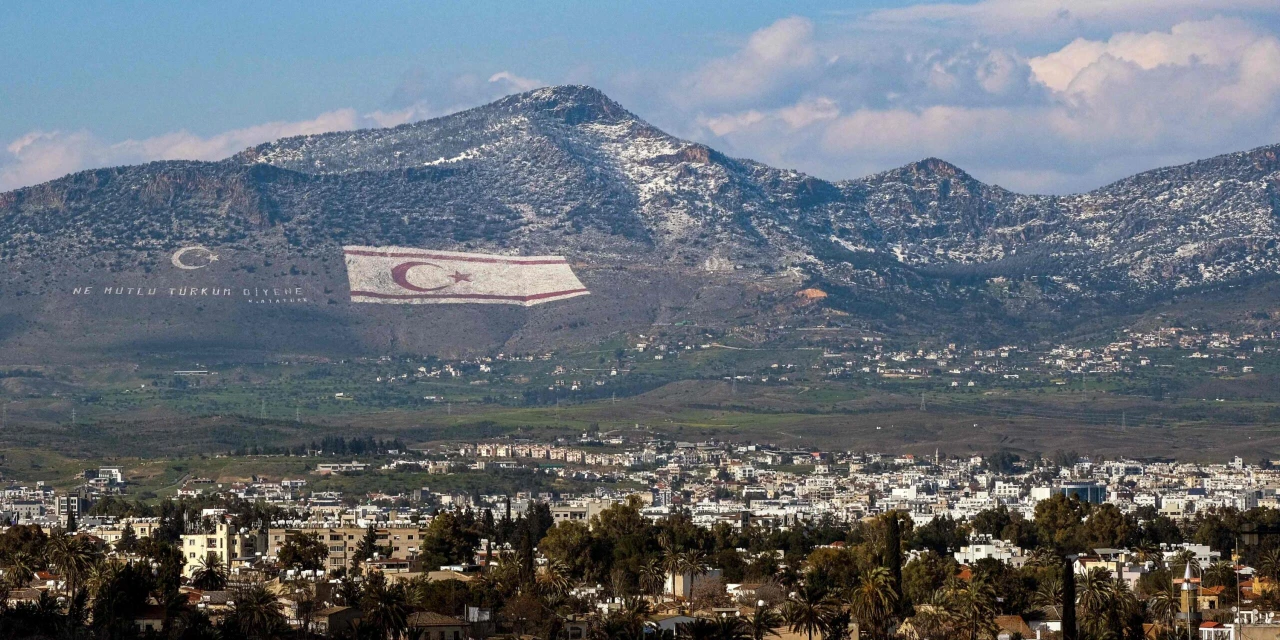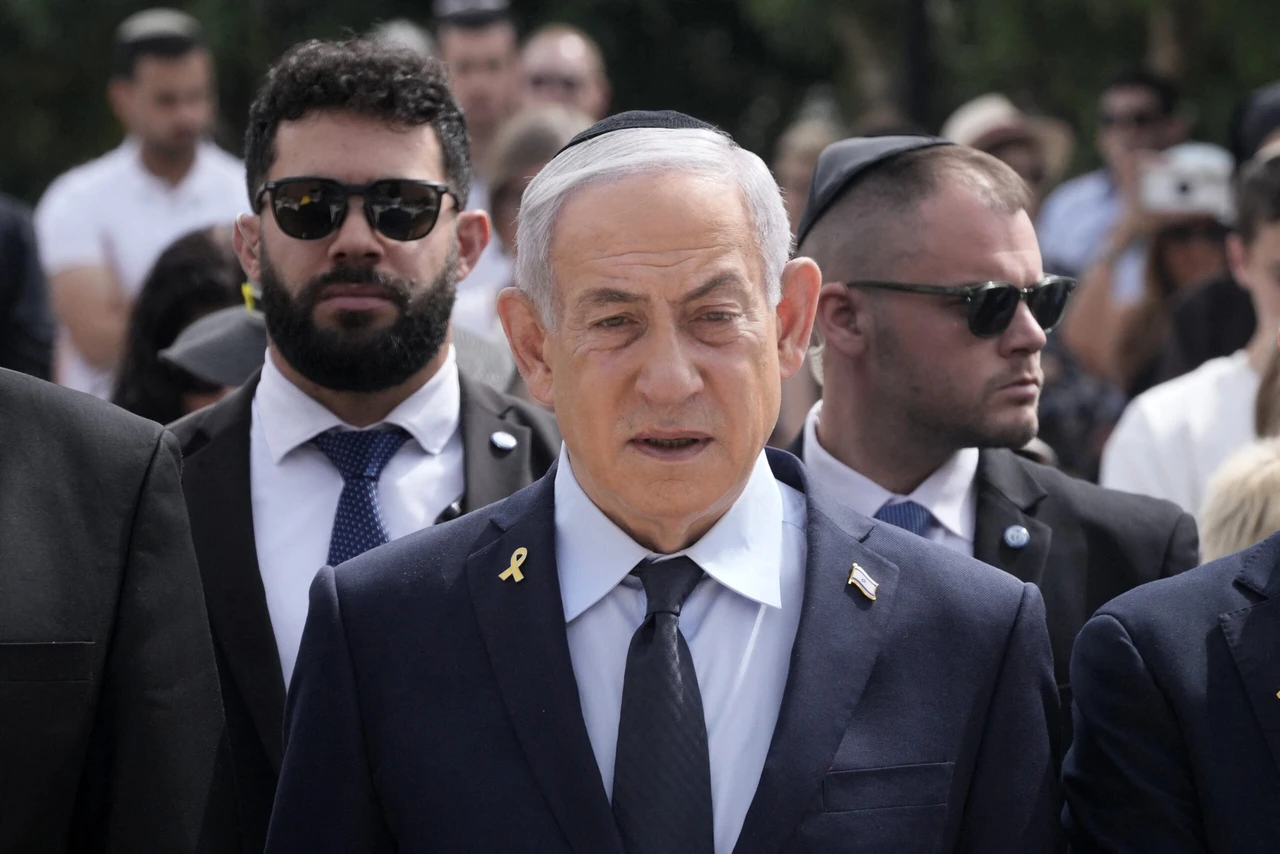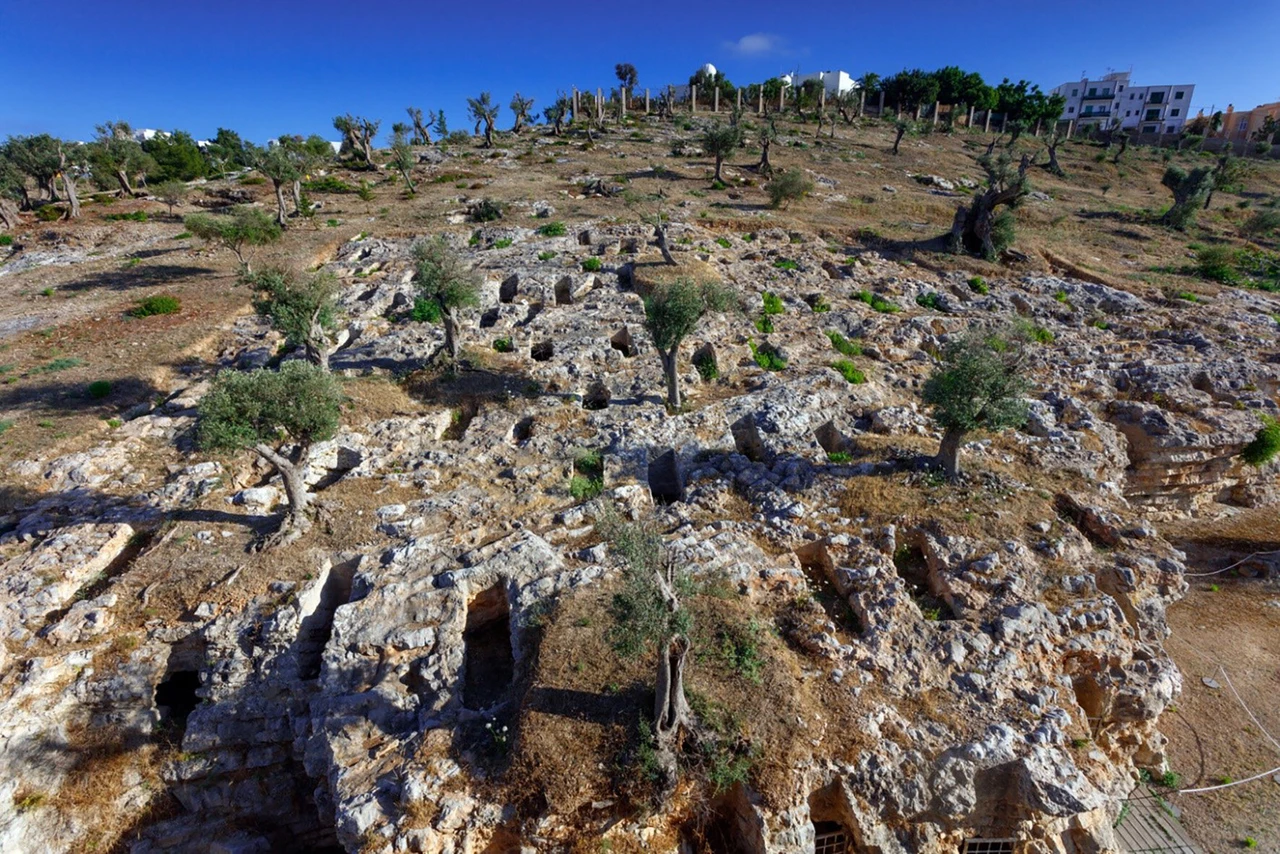Saudi Arabia’s execution numbers hit record high under Mohammed bin Salman
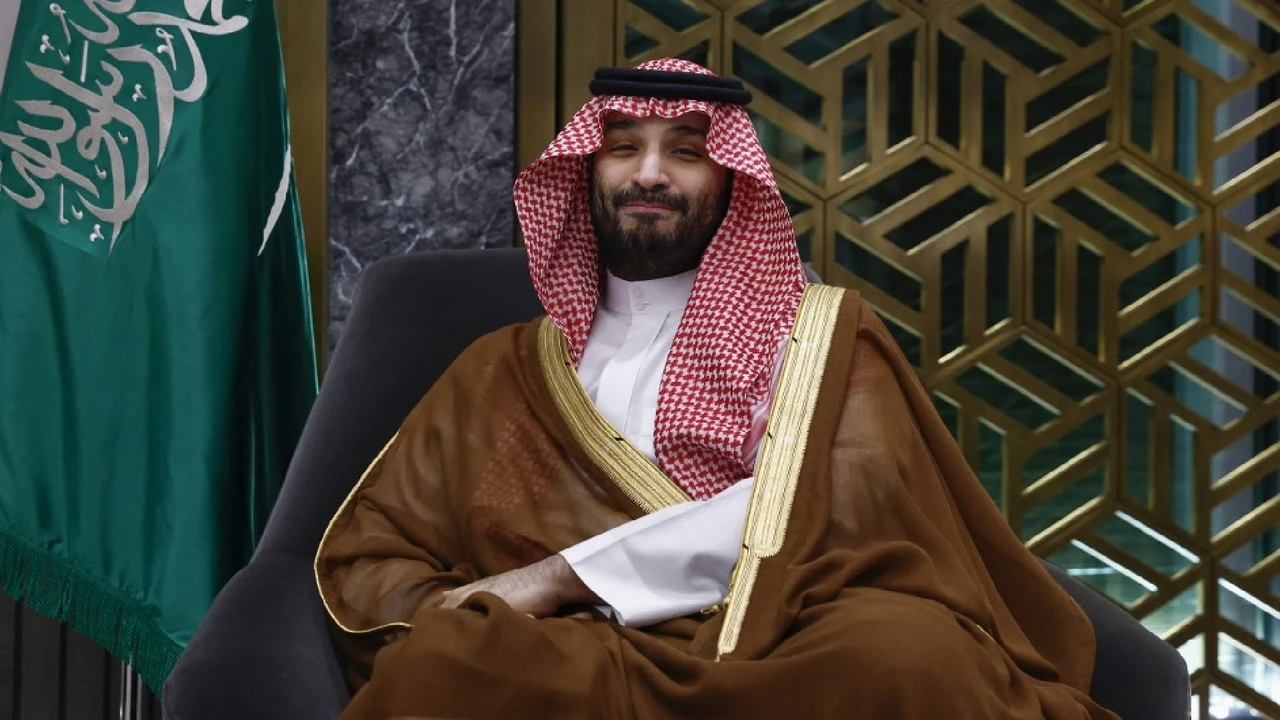 Saudi Arabia's Crown Prince Mohammed bin Salman in Jeddah, 20 March 2024. (AFP Photo)
Saudi Arabia's Crown Prince Mohammed bin Salman in Jeddah, 20 March 2024. (AFP Photo)
Saudi Arabia has reached a record number of executions in 2024, with 208 people executed so far, surpassing the previous record of 196 in 2022. The rise in capital punishment comes despite Crown Prince Mohammed bin Salman’s pledge to reduce the use of the death penalty.
The executions, including 32 in September alone and 41 in August, are part of an ongoing trend in the kingdom, which has carried out at least 1,447 executions since Prince Mohammed became the de facto ruler in 2015.
Escalating use of the death penalty
The Crown Prince had promised to scale back executions for minor crimes, yet 41% of executions in 2024 have been for crimes not considered among the most serious, according to the European Saudi Organisation for Human Rights (ESOHR) report.
In September, 16 of the 32 executions were for drug-related offenses.
Human rights groups have raised concerns about the use of the death penalty to silence dissidents, including children and political activists. “The death penalty has been used widely to crack down on anyone perceived to be critical of the monarchy,” said Harriet McCulloch, deputy director of the human rights organization Reprieve.
Three minors, Abdullah al-Derazi, Youssef al-Manasif, and Abdullah al-Howaiti, are currently at risk of execution, according to Reprieve.
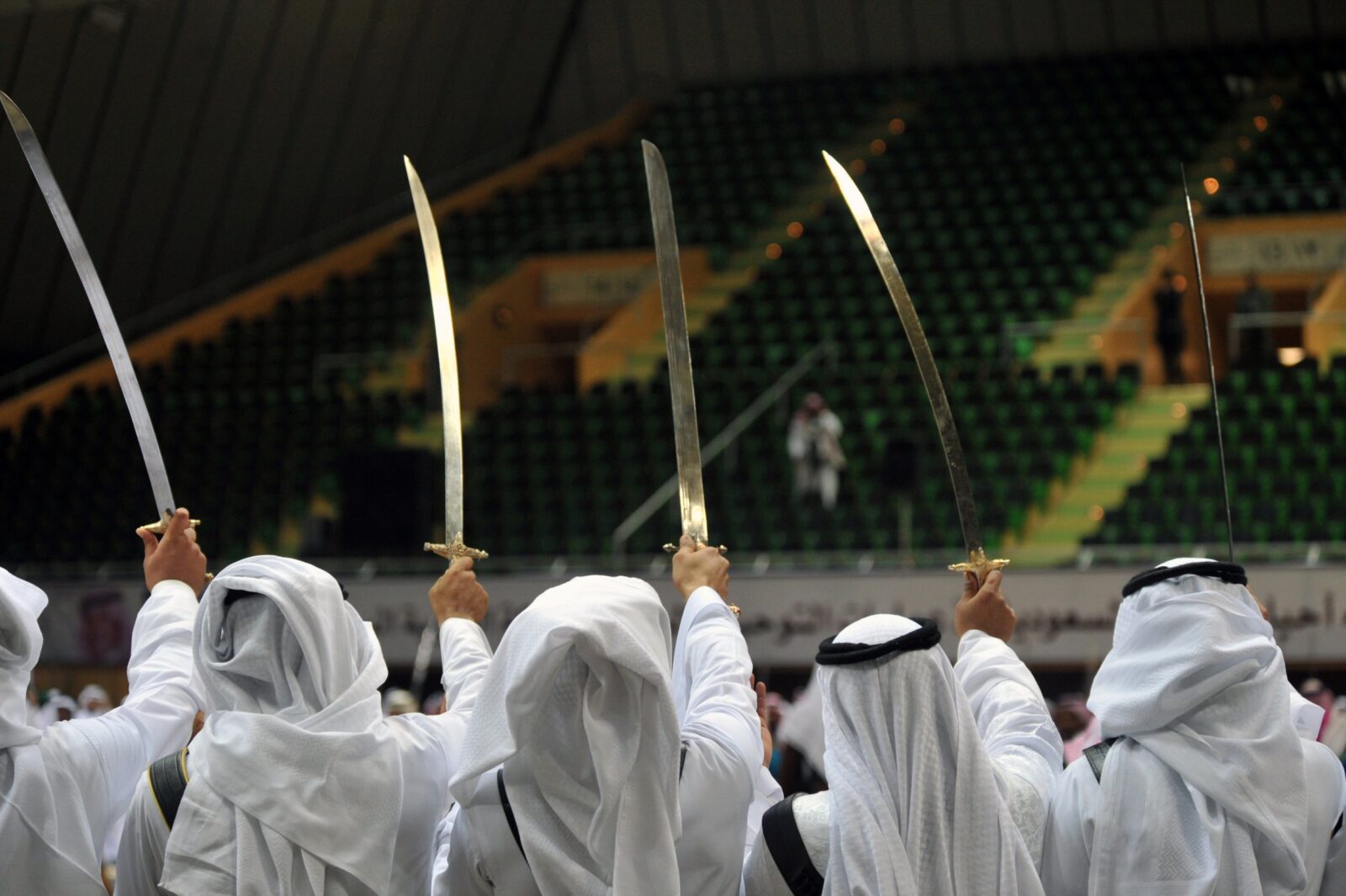
International scrutiny amid reforms
The rise in executions comes at a critical time, as the United Nations is set to vote on Oct. 9 on whether to grant Saudi Arabia a seat on the Human Rights Council. This increase in capital punishment contrasts with several reforms spearheaded by the Crown Prince, including allowing women to drive and opening the country to international sports and entertainment events.
Despite these progressive reforms, critics argue that the harsh use of capital punishment undermines the Crown Prince’s image as a reformer. Taha al-Hajji, legal director of ESOHR, emphasized the contradiction between Prince Mohammed’s promises and the reality on the ground.
“This high in executions comes in clear contradiction to Mohammed bin Salman’s promises of reform,” he stated.
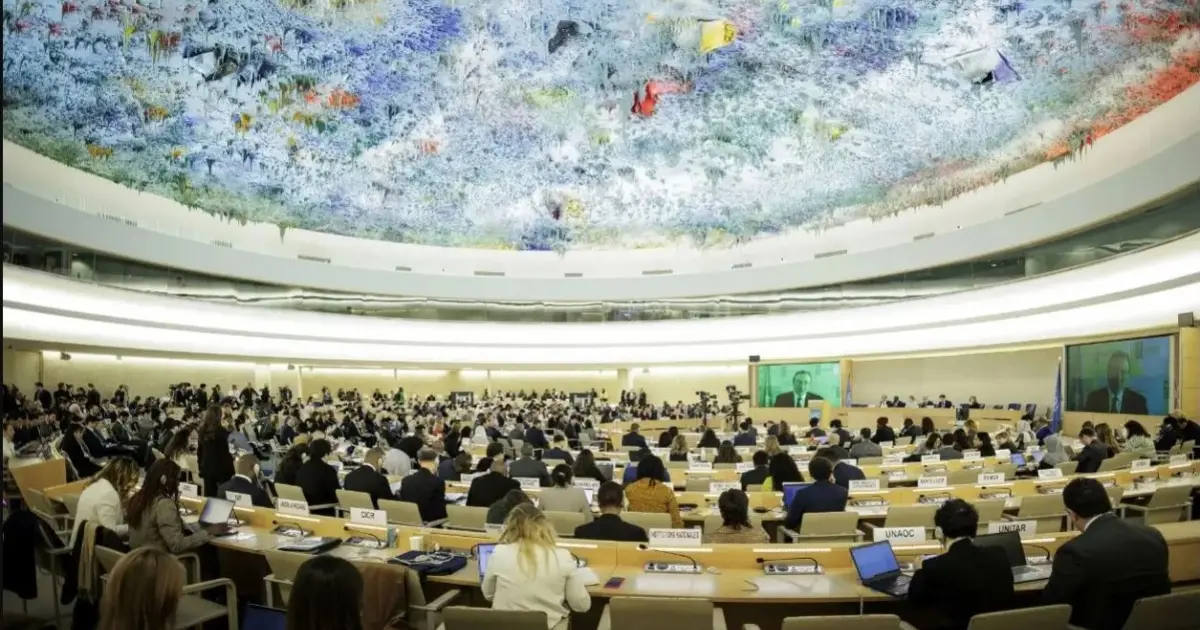
Crackdown on dissent, high-profile cases
The kingdom’s use of the death penalty extends beyond criminal offenses to include political repression.
In 2017, the Crown Prince arrested around 70 members of the political elite, including royal family members, as part of an effort to consolidate power. High-profile cases, such as the 2018 killing of journalist Jamal Khashoggi, have drawn global condemnation.
Prince Mohammed has denied personal involvement in Khashoggi’s murder, despite a U.S. investigation pointing to his role in the assassination.
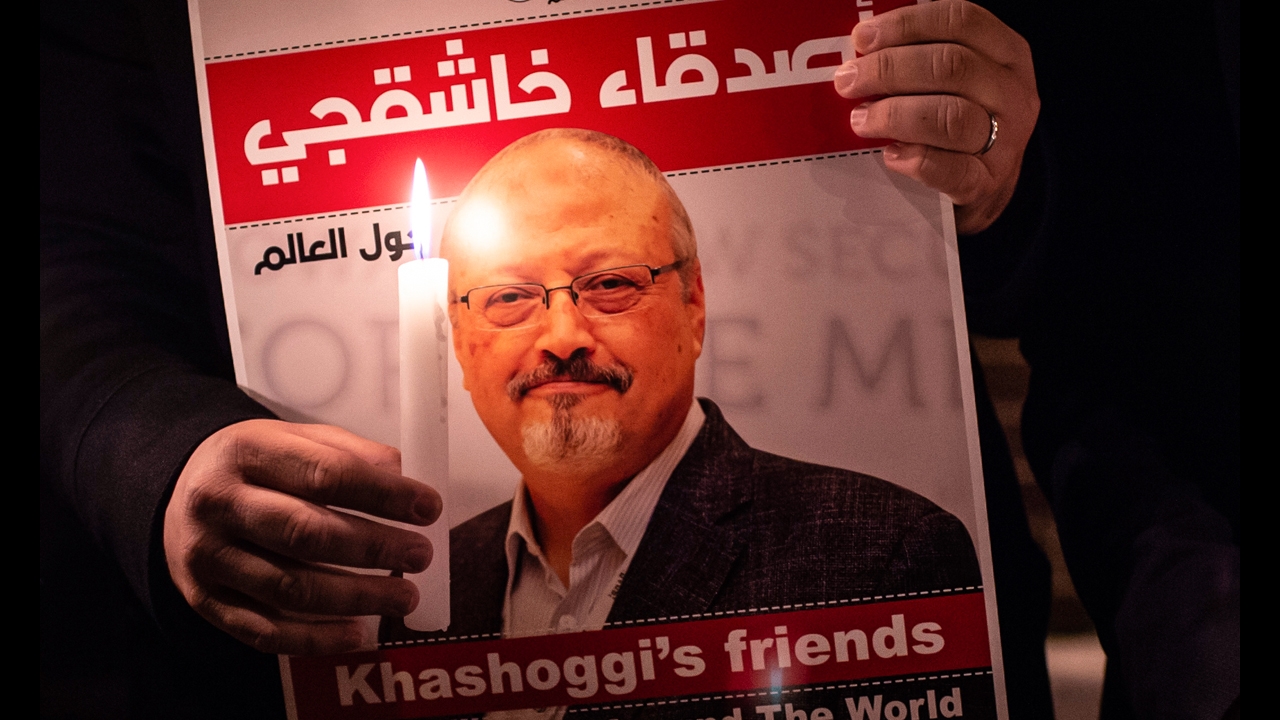
Public relations, global image
While the Saudi government invests heavily in public relations, hosting global sporting events, and entertainment stars, human rights organizations accuse the kingdom of attempting to “whitewash” its image.
“The Saudi government spends billions on public relations to hide the catastrophic reality of the human rights situation in Saudi Arabia,” said al-Hajji.
